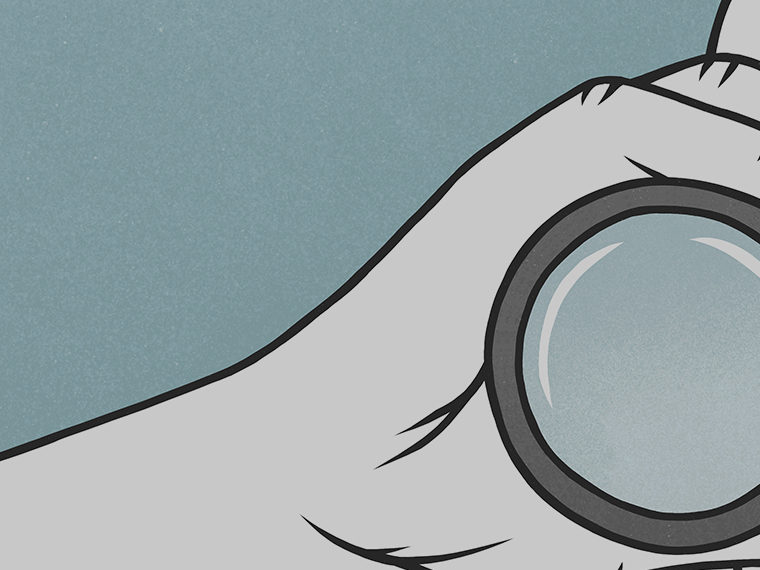Topic: Behavioral Decision Making

Creative People Really Do Think Differently
Employing a distinct part of the brain, they’re better at imagining a distant future and seeing others’ points of view
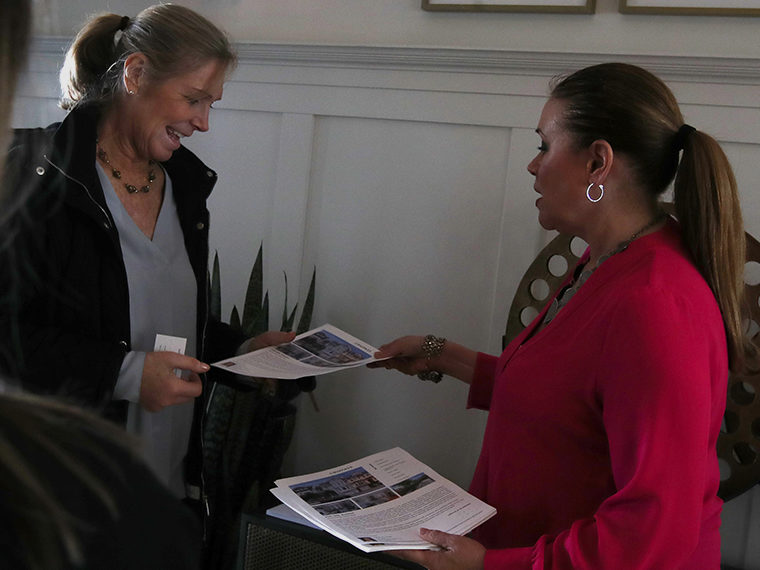
How Will You Spend Your IPO Windfall?
“Uh, I already bought a house”: Tech workers spend ahead of actual stock sales
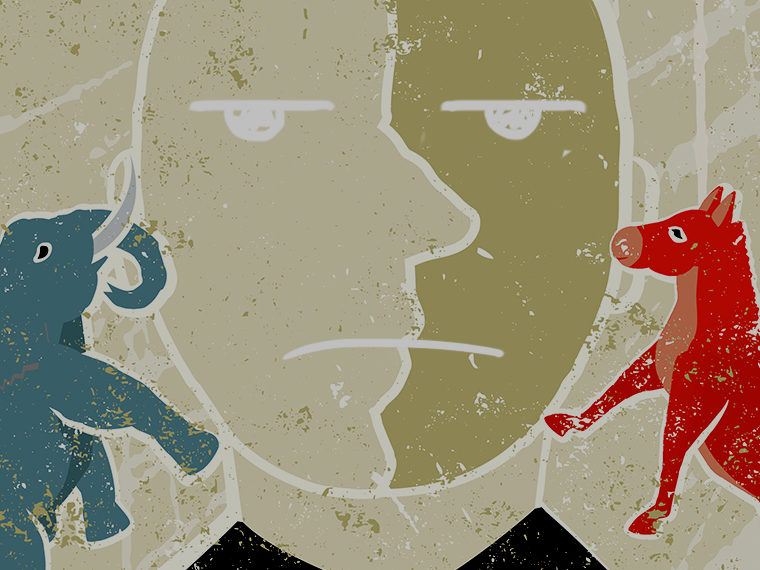
People Don’t Mind Government Nudges, but Prefer Them Free of Politics
When an unloved cause or political adversary is attached to a nudge, the method itself becomes suspect
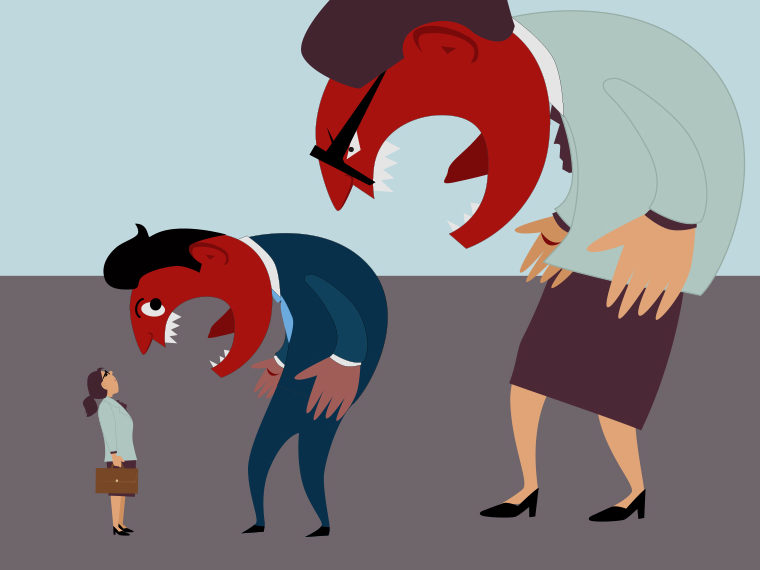
Abusing a Co-Worker? Watch Your Back
Analysis of 250 studies finds the most common response to negative workplace behavior is an eye for an eye
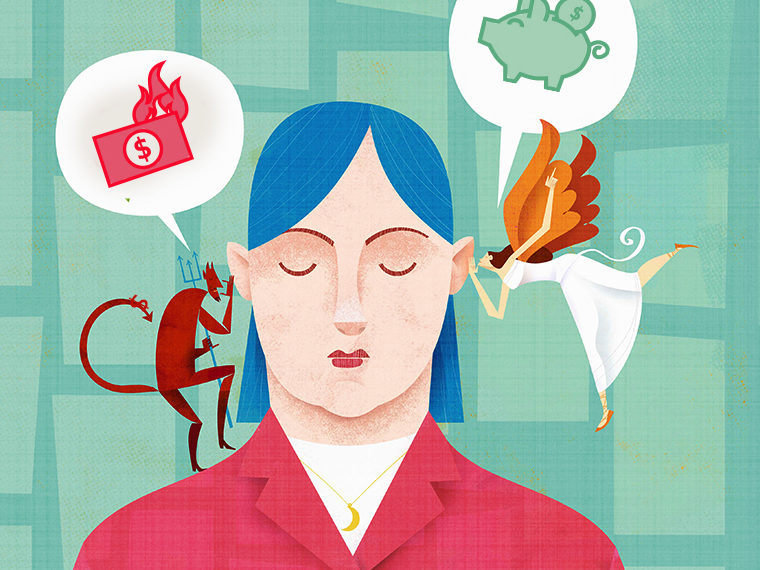
Good Information Alone Won’t Drive Financial Well-Being
A review of academic research finds the path to saving more and spending less often involves emotional prompts
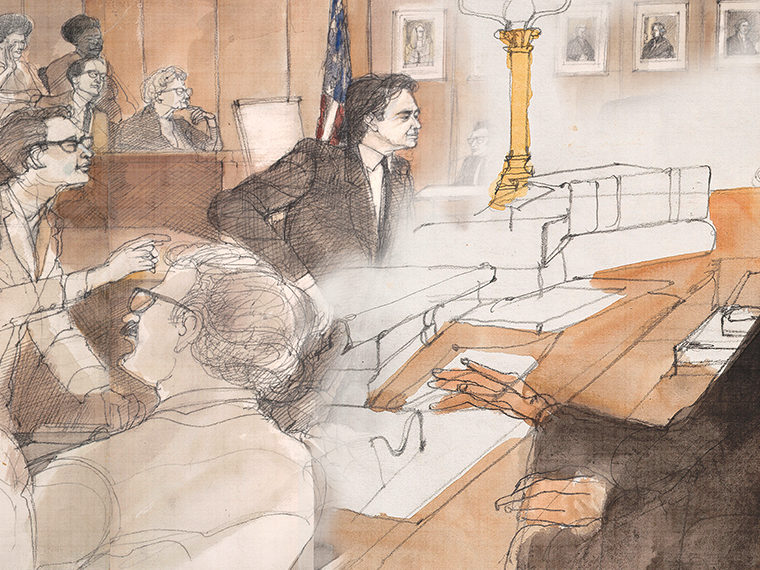
Narrowing a Theory on Why Judges Get Tough before Elections
They do, but only when facing a competitive election contest
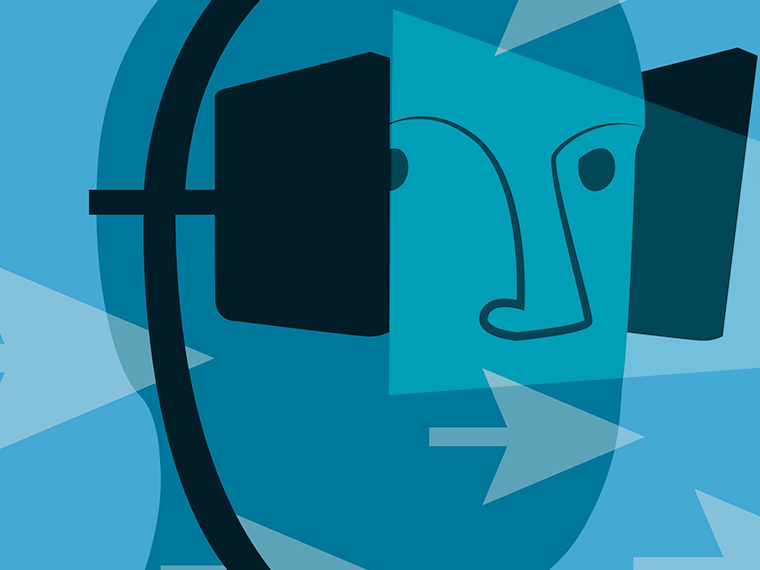
How People Gather Information — or Don’t — to Make Decisions
Personal beliefs, especially among the less educated, often outweigh actual data
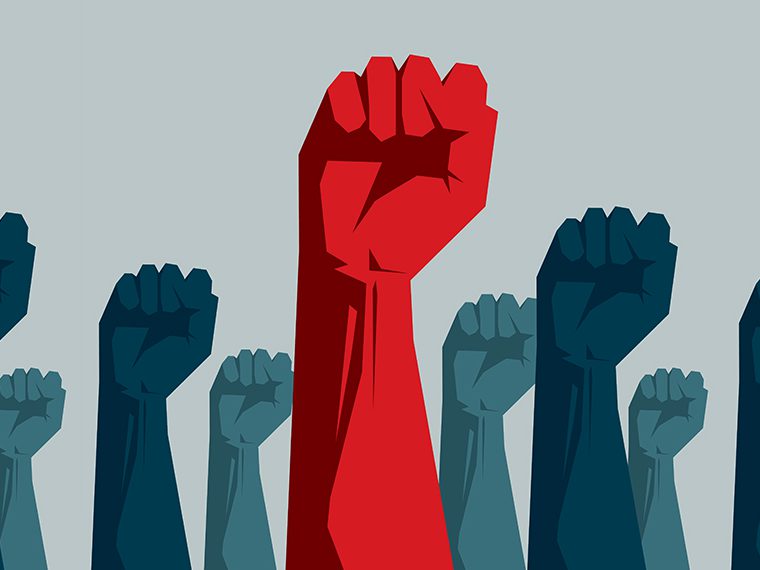
How to Encourage the Discriminated-Against to Band Together
Membership in a stigmatized group doesn’t predispose acceptance of other stigmatized groups

Not Now: Correcting Imbalance in One’s Schedule Takes Planning and Time
People across studies want to change their lives, but are more inclined to do that in the distant future

Women Are Likelier to Drop Out after Early Political Loss
But the “persistence gap” in seeking elective office narrows with experience
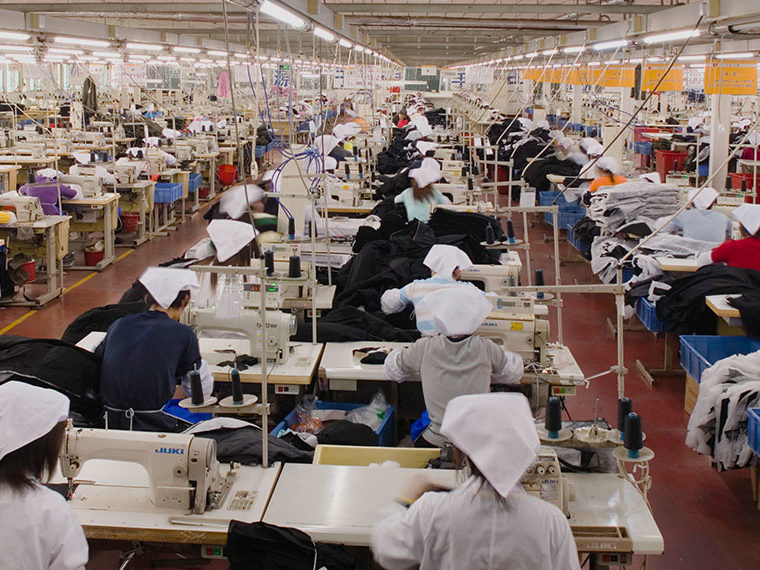
Motivating Workers with a Sacred Symbol: Promise and Peril
A Chinese garment factory tidied up after golden coins were displayed

Shaming Smokers Actually Increases Their Urge to Light Up
Being stigmatized by stereotype feeds anxiety and depletes self-control

Americans Want to Help Poor People, but Only the Hard-Working Poor
Biases around race, nation-of-origin and disability are small compared to the preference for helping the diligent

Workplace Empowerment Can Alter One’s View of Societal Authority
Chinese garment workers and U.S. university employees, worlds apart, react similarly when allowed a bit of self-determination
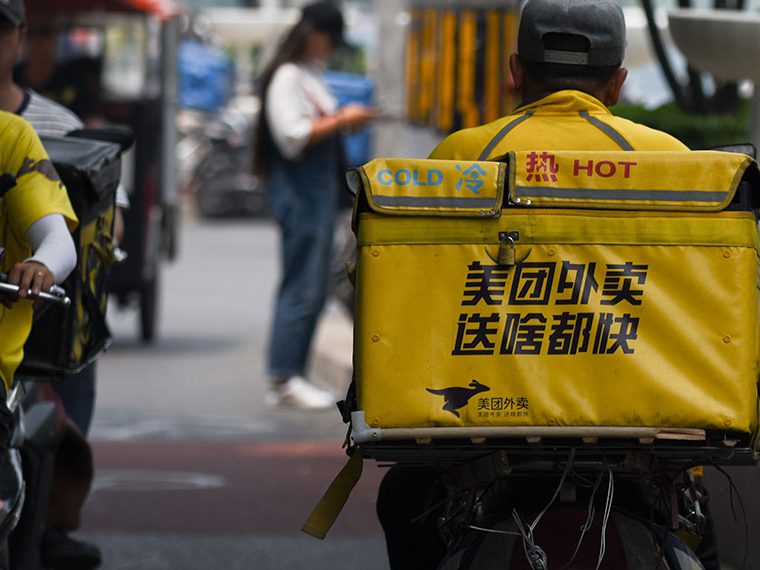
Food Delivery Apps: Driver Experience Turns Out to Be Crucial
A model improves on-time performance and yields more repeat business
